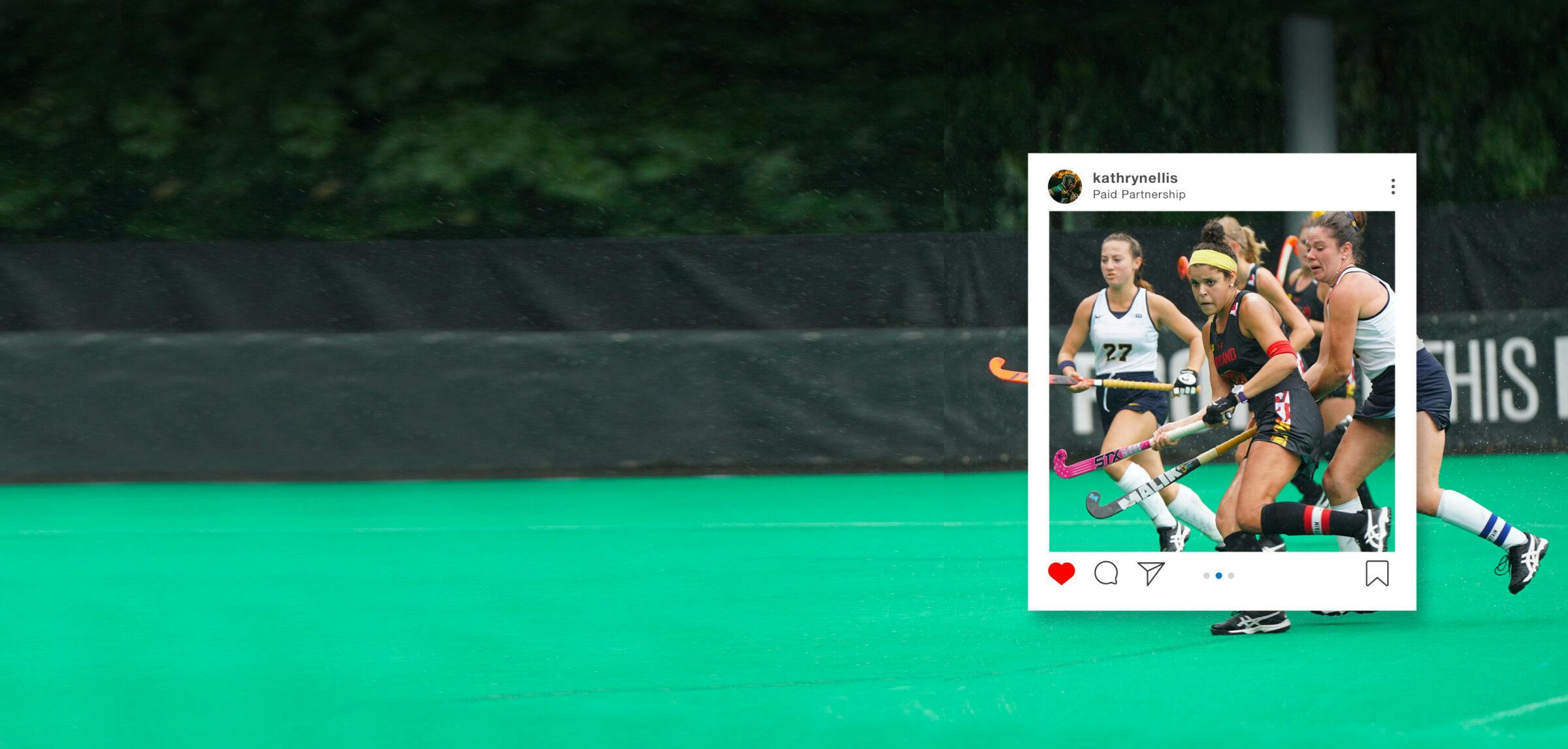Athletes as influencers: driving personalised connection with fans
Sports fans see athletes as meaningful and personalised connection points. When looking at the Nielsen Fan Insights Report, stats show that globally, 71% of consumers either completely or somewhat trust ads and opinions from influencers about brands and products, which is notably higher than channels like online banners, mobile ads, search engine ads and SMS messages.
The report also found that fans who are on social media for sports news,prefer engaging with athletes as a way to connect with brands and sponsors, over governing bodies, sports venues, sports fans communities, coaches and club profiles.
What all athletes inherently have, despite their level, is credibility within their communities.
Yes, big-name sports companies tend to work with the household names of sport, who come with a hefty price tag to match their celebrity status. It is however important to realise that the same thinking can be applied where lesser known sports stars can be used to engage fans.
Many sports followers see sports influencers as the ultimate source of inspiration, helping them meet their personal goals or just valuing being entertained by them. This is particularly so for the ‘non-superstars’ . Often, a younger athlete can look up to somebody they see as successful, and can imagine they were once like them.
Many athlete influencers even give fans advice and encouragement with their training and sporting goals. Some fans also use athletes as unofficial personal coaches and mentors. Athletes also often have more followers on social media than teams/leagues, which means greater reach and higher engagement opportunities.
Greater collaboration and shifting the structure of media rights deals—making it easier for athletes to share live content—will only broaden reach and connectivity for the entire sports ecosystem.
As detailed in the Nielens Report, consumer trends have altered how fans interact with each other and with sports properties, further causing shifts. This, along with the effects of the pandemic, has escalated changes in brand partnerships. What has not changed though is the universal appeal of sports. Sponsorship expenditures in early 2021 were up 107% versus the same period in early 2020, and advertising budgets continued building throughout the year.
Combine the high level of trust with the strong link between visible sponsorship messaging and purchase behaviour, and brands have a lot to gain.
When brands use athletes as influencers, they get the benefit of that athlete’s following and a target audience that’s already interested in what they have to say.
Creating engaging content with the help of athlete influencers can help sports teams and brands garner a wider audience, sell products and therefore drive revenue. Athletes ignite passion and dedication in their fans, two things that businesses can use to their advantage through influencer marketing.
With a defined and robust first-party data strategy, sports properties and media owners will have the foundation they need to make authentic fan connections where they are able to deliver messaging that is nuanced, in a timely manner. These connections can be amplified with ongoing data feeds from third-party data partners to determine what fans prefer, thereby driving fan retention and growth strategies. Interactivity while consuming media will only continue to grow—from betting to fantasy sports—and produce new datasets crucial to fan strategy.
